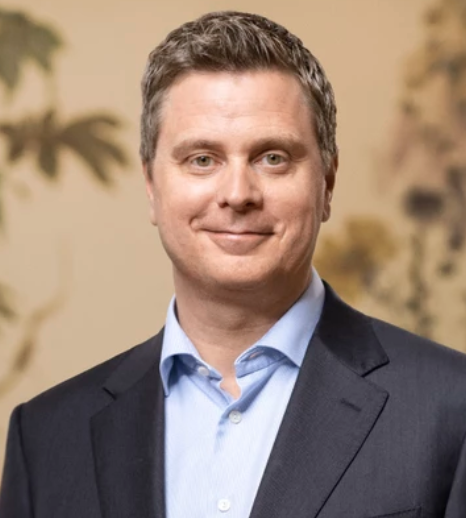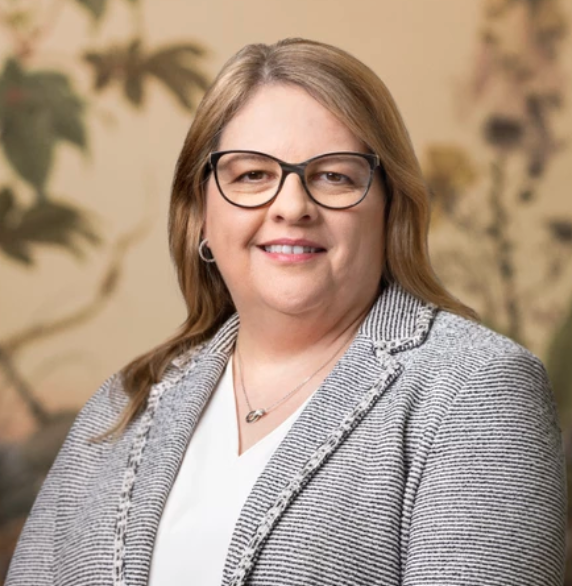Roche on Wednesday morning said it has “minor exposure” from the Biosecure Act, adding that it is making strides in China’s pharma and diagnostics markets.
 Thomas Schinecker
Thomas Schinecker“We’ve really worked on diversifying our supply chain and this is helping us now, so that we have multiple partners to work with across the world and we can absolutely adhere to those changes in legislation, should they come,” CEO Thomas Schinecker said on a media call.
In contrast, Novartis on Tuesday said it is working to shift its CRO collaborations “over time” to prepare for risks if Biosecure moves forward. The bill would prevent Chinese biotechnology companies “of concern” from doing business with US firms. Several biopharma companies have indicated they see regional manufacturing as a way to alleviate risks linked to the China bill.
In March, Roche sold its biologics manufacturing site in Vacaville, CA, to Lonza for $1.2 billion. Roche Pharma CEO Teresa Graham said the decision was not driven by geopolitics.
“We’re becoming much more efficient and productive with the molecules we have. The investments we have made in some of our other facilities both in Europe and the US meant we simply don’t need that [Vacaville] capacity,” Graham added.
With the Vacaville site sold, Roche has 11 manufacturing sites left in the US, Germany, Switzerland, Singapore and Japan, according to an earnings presentation. It also has a small molecule facility in Shanghai.
Roche has 11 manufacturing sites after its facility sale to Lonza
Click on the image to see the full-sized version
Roche’s crovalimab was approved in China for paroxysmal nocturnal hemoglobinuria in February, marking its first market entry anywhere. It has since been approved in Japan, and is under review in the US and EU.
 Teresa Graham
Teresa Graham“What we’re seeing in general is that Chinese authorities are beginning to keep pace with agencies around the world,” Graham said. “While we may not always see first China approvals, I think we will see a lot more approvals happening concurrently or much closer to what we see with the FDA or EMA,” she added.
Roche has made several recent investments in China. In January, it spent $50 million on an antibody-conjugate drug deal with Suzhou-based MediLink Therapeutics. In September, the Swiss drugmaker opened its first in-house accelerator in Zhangjiang Hi-Tech Park, Shanghai, worth 300 million Chinese yuan ($41 million).
“In diagnostics, in China, we’re the number one player with a significant lead versus other players, including local players,” Schinecker said. “Our goal is to actually continue to expand our leadership position in China.”
